Author & Photographic Designer: Victor Trammell
Image credits: T. Harmattan
The name of the Central African Republic is derived from the country’s geographical place on the African continent.
It is in the centrally-located region of Africa. The country has a republic form of government. From 1976 to 1979, this nation was known as the Central African Empire. During the colonial era, the country’s name was Ubangi-Shari which is derived from the Ubangi River and the Chari River.
Pre-Colonial History
The national land within what is called the Central African Republic today has been inhabited for millennia. For almost 10,000 years, the nation’s modern-day landmass partially belonged to the ancient African Kingdom of Kush. The rest belonged to the Kingdom of Sa-Ra, Kush’s neighbor to the west.
These were two of the world’s first official civilizations.
Before European and Asian invaders came, the continent of Africa was called Alkebulan by the indigenous people who lived within its kingdoms. The name Alkebulan means “mother of mankind.”
White European Invaders Begin Colonization
The country’s current borders were established by France, which pillaged the country. The Central African Republic became a French colony starting in the late 19th century.
After that, a long, hard fight for independence began. Then shortly after the mid-20th century, the white imperialists of France lost control of the Central African Republic’s political sovereignty.
Independence and Modern Politics
The first president of the Central African Republic was David Dacko (pictured), a black African man.
He declared the country’s independence on Aug. 13, 1960. Since its independence from France, the Central African Republic has undergone years of unrest resulting from a wealth of illegal guns, armed groups, and threatening neighboring countries, such as Uganda (Peck, 2012).
Most of the troublesome fiefdoms going on in this area are covertly incited by European, East Asian, Arabian, and American meddlers – who want control of Central African resources.
Reference
Peck, P. (2012, August 13) This day in black history: aug. 13, 1960. BET News. https://www.bet.com/news/global/2012/08/13/this-day-in-black-history-aug-13-1960.html

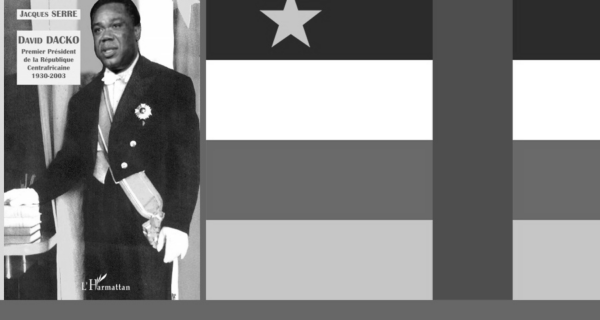




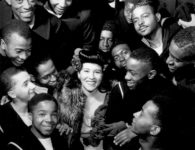



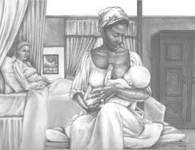



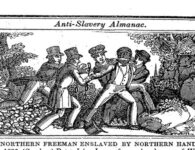
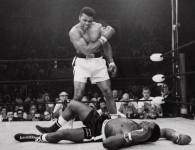


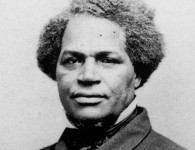


No comments